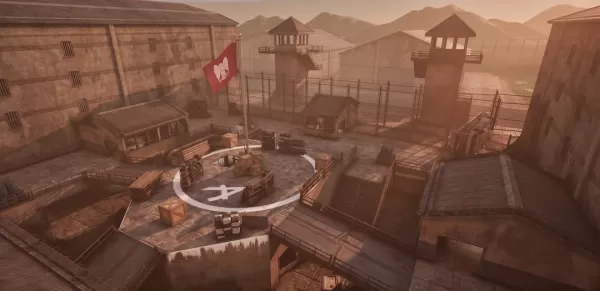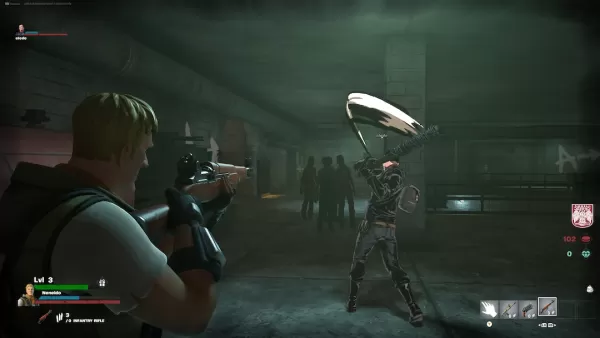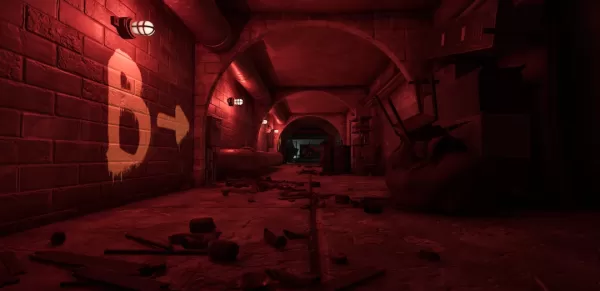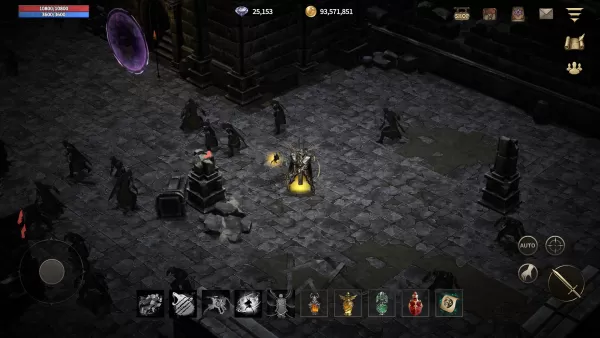The games industry has faced significant challenges in recent years, with layoffs, studio closures, and funding issues becoming all too common. Enrique Fuentes, CEO and co-founder of Teravision Games, experienced these difficulties firsthand after the release of their asymmetrical horror game, Killer Klowns From Outer Space. Despite positive reception, including a 7/10 score from IGN, which praised its entertainment value akin to the 80s movie it's based on, Teravision found themselves struggling to secure their next project in a turbulent market.
"2024 was a tough year for the industry, and it slowed us down in closing our next project," Fuentes explains. Despite their collaborations with major companies like Disney, Nickelodeon, and Xbox, finding a follow-up to Killer Klowns proved challenging. In response, Teravision pivoted to a novel approach: developing games within Fortnite using Unreal Engine for Fortnite (UEFN). This strategic move led to the release of three UEFN games in less than a year, with their fourth game, Courtyard King, launching today. This game leverages the official The Walking Dead content pack in UEFN, crafted in partnership with Skybound, the company co-founded by Robert Kirkman, creator of The Walking Dead.

Courtyard King is a King of the Hill-style multiplayer PvPvE game set in the iconic prison from The Walking Dead. Players battle each other and NPC zombies to control territory, using official assets that include character models of Rick Grimes, Negan, and Daryl Dixon. Teravision collaborated with Skybound's writers to create the game's narrative and dialogue, enhancing the authenticity of the experience.
"Instead of a multi-year project like Killer Klowns From Outer Space, these are projects we can complete in weeks or months," says Fuentes. This shift to UEFN represents a significant change for Teravision, a studio with 20 years of industry experience. The rise of user-generated content (UGC) in gaming, driven by platforms like Fortnite, has opened new avenues for creative expression and audience engagement. While UGC typically refers to content created by players, professional studios like Teravision are now exploring this space, finding it both accessible and rewarding.
"It made sense for us to experiment within this platform, given our engineering background," Fuentes notes. "It allowed us to manage risk better." One of their successful experiments, Havoc Hotel, a roguelike shooter, became a modest hit and evolved into a series, with Havoc Hotel 3 now ranking among Fortnite's most popular games.

Teravision's game designer, Martin Rodriguez, highlights the advantages of using UEFN, a modified version of Unreal Engine 5. "It's more streamlined and allows us to focus on creating better games and exploring new ideas," he says. The transition was smooth for the studio, given their prior experience with Unreal Engine.
The game design team faced unique challenges with UEFN, as explained by Teravision's creative director, LD Zambrano. "UEFN games differ from traditional games in many ways," Zambrano says. "They often revolve around context rather than clear competition, creating engaging and sometimes unpredictable interactions." He compares the experience to a schoolyard game, where players spontaneously create and engage in activities, fostering friendships and unique gameplay experiences.
Courtyard King embodies this approach as an infinite game, with no final winner. Players can join or leave matches at any time and switch teams, leading to dynamic situations and betrayals that resonate with the themes of The Walking Dead.

For indie developers, this model represents a new opportunity. "We can now assume the risk as an indie developer in UEFN," Fuentes states. "We can start projects quickly with smaller teams, making it a viable way to support an 80-person studio like ours." This approach allows for rapid development and market testing, potentially revolutionizing how indie studios operate within the gaming industry.
 Home
Home  Navigation
Navigation






 Latest Articles
Latest Articles










 Latest Games
Latest Games












